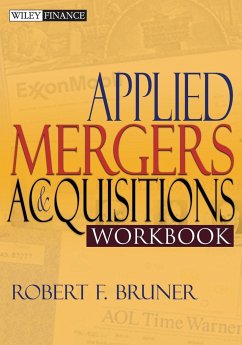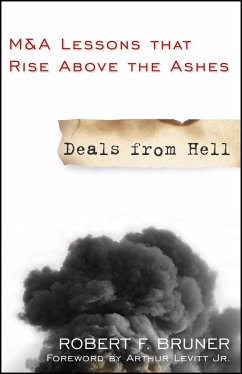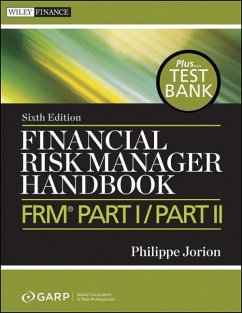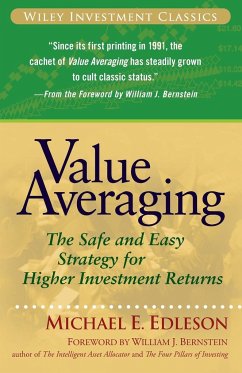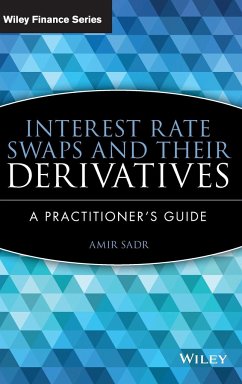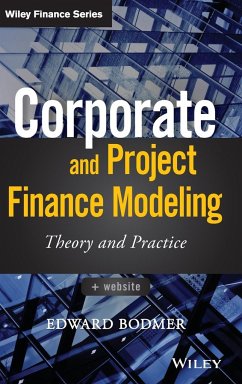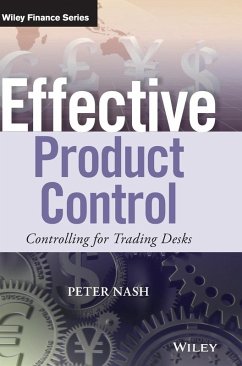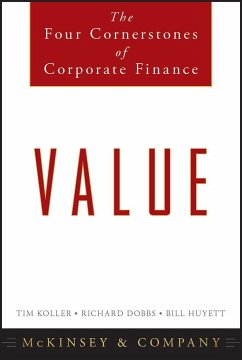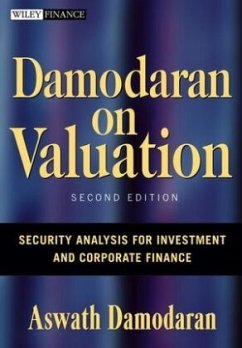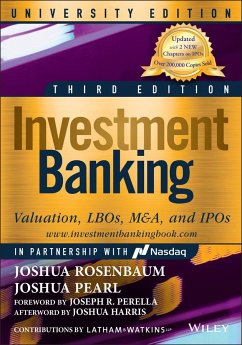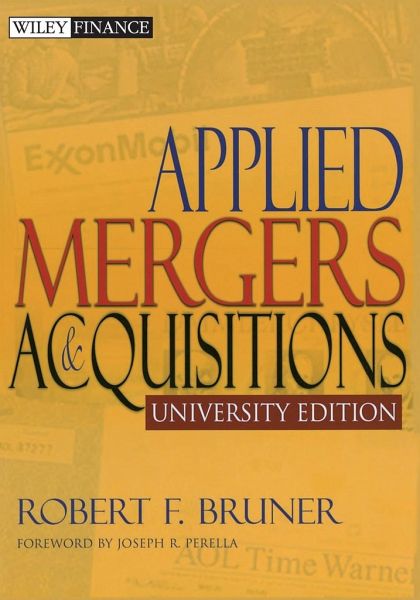
Applied Mergers and Acquisitions, University Edition

PAYBACK Punkte
41 °P sammeln!
Despite the material failure rates of mergers and acquisitions, those pulling the trigger on key strategic decisions can make them work if they spend great care and rigor in the development of their M&A deals. Applied Mergers and Acquisitions, University Editionaddresses the key factors of M&A success and failure. Readers will learn the art and science of M&A valuation, deal negotiation and bargaining, and a framework for considering tradeoffs in an effort to optimize the value of any M&A deal.





